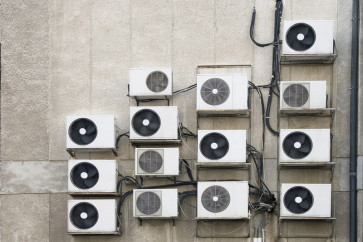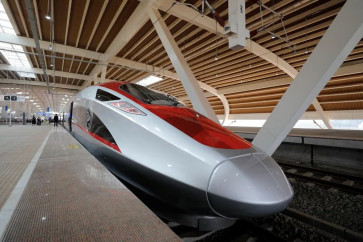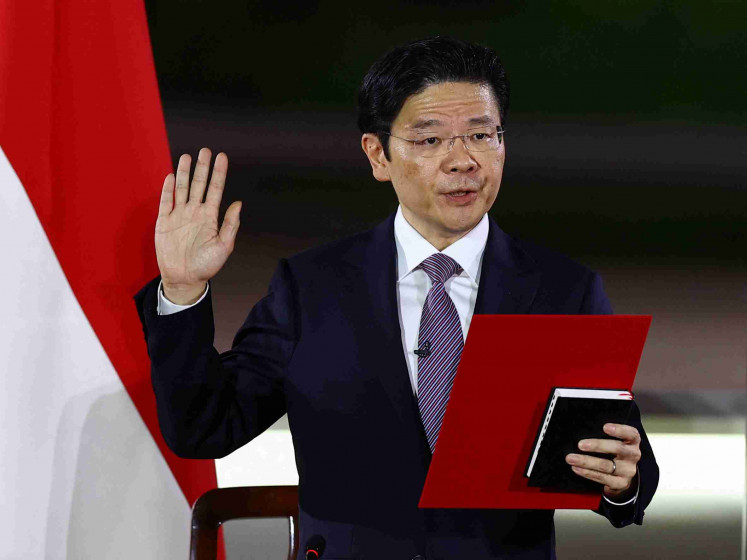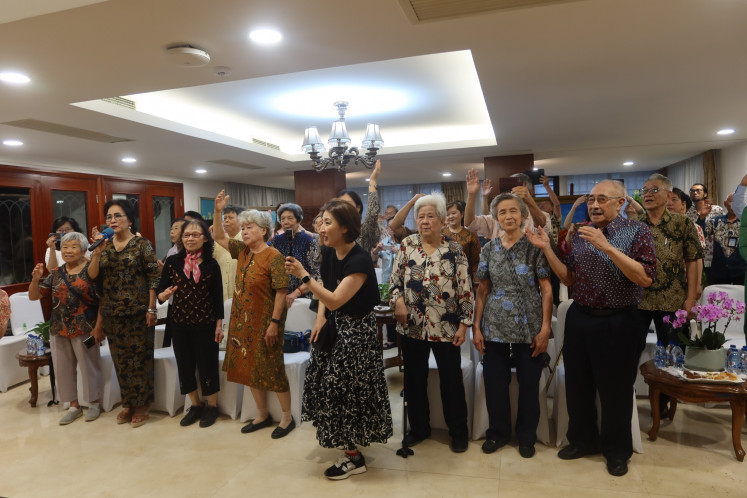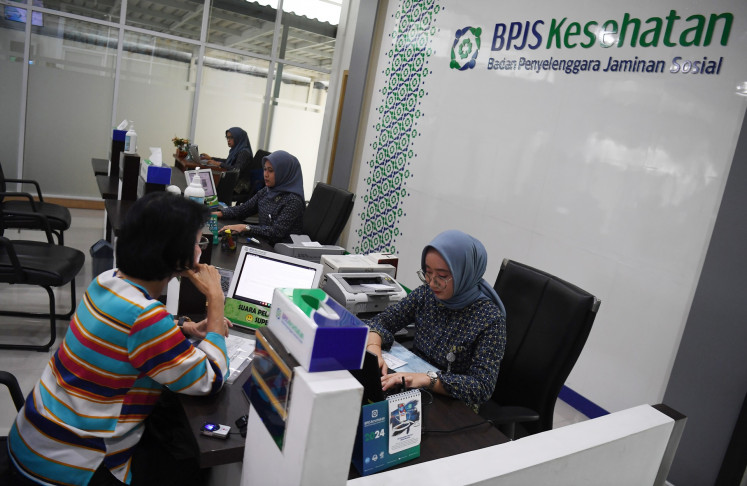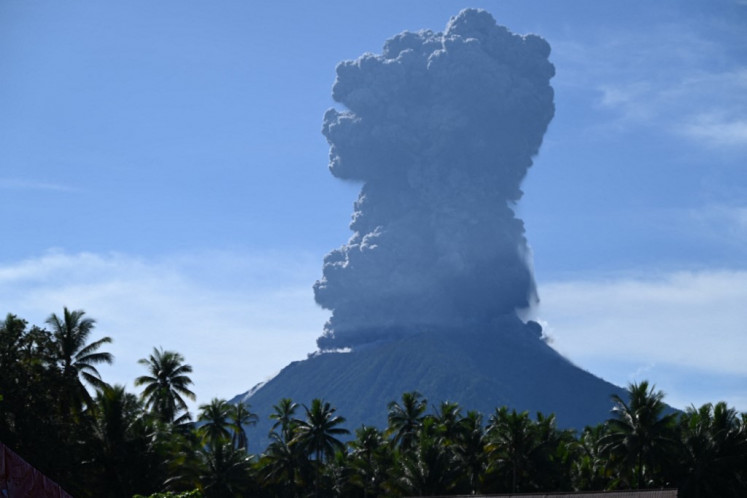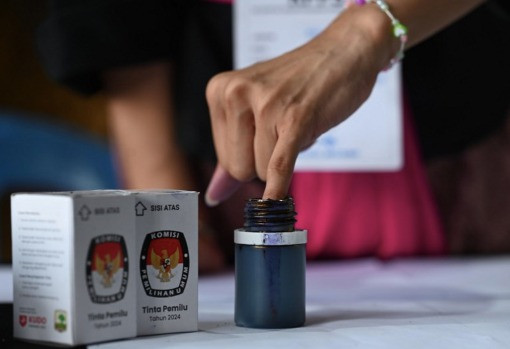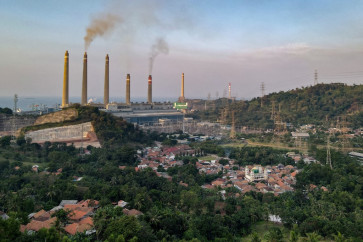Leveraging blended finance for a just transition in Southeast Asia
Southeast Asia can emerge as a global leader in addressing climate change by innovating solutions for climate funding that is both sustainable and equitable toward ensuring a just transition for the region as a whole, including its brown energy workforce.
Change Size
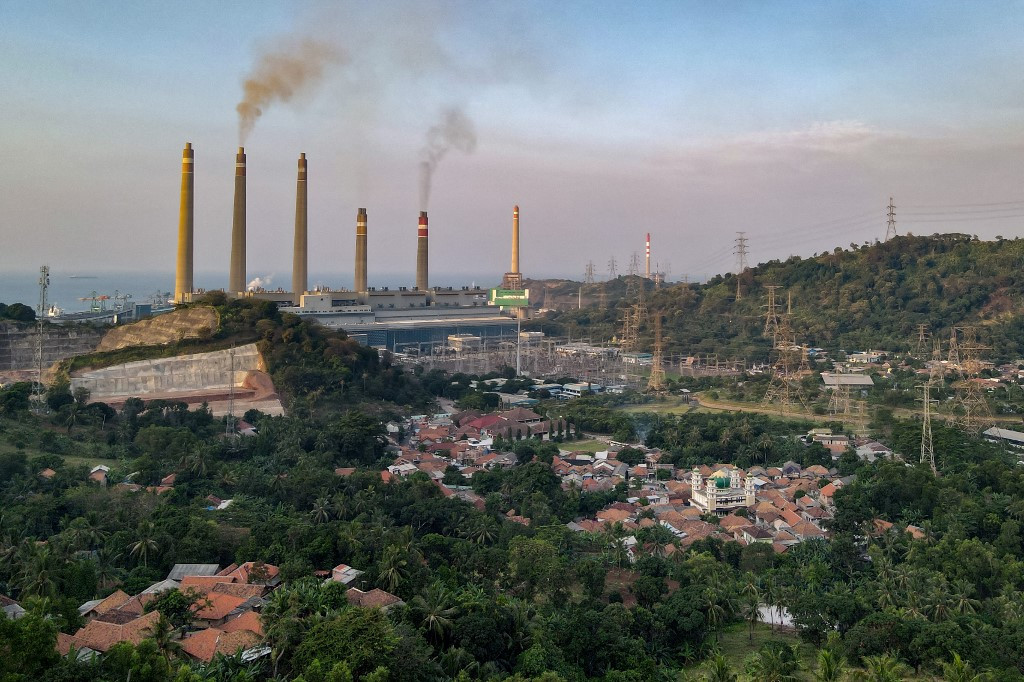 Smoke rises from the Suralaya coal power plant on Sept. 21, 2021 into the skies above nearby villages in Cilegon, West Java. (AFP/Bay Ismoyo)
Smoke rises from the Suralaya coal power plant on Sept. 21, 2021 into the skies above nearby villages in Cilegon, West Java. (AFP/Bay Ismoyo)
A
s an emerging market, Southeast Asia faces a constant balancing act between promoting economic growth and decarbonization, all while ensuring energy security in powering its development.
This has proved to be a tall order, especially given how greening the economy requires eventually phasing out close to 80 percent of the region’s brown energy, of which a substantial contributor is coal.
The present-day reality is that around half of the region’s 3.9 gigatonnes of carbon dioxide (CO2) equivalent of greenhouse gas (GHG) emissions are contributed by the energy sector, according to a Bain & Company report, of which around 40 percent is powered by coal (CSIS).
Three questions then become especially critical to address: (1) how much funding is required to transition our economy into clean energy, (2) how should we go about closing that funding gap, and (3) what can we do to ensure an overall just transition, promoting equitable growth without sacrificing energy security?
On the question of how much funding, we can point to The Great Carbon Arbitrage, a quantitative analytical foundation authored by a trio of professors from Stanford’s Institute for Economic Policy Research to measure the net gain of replacing coal with renewable energy. The carbon arbitrage equation calculates the net benefit by evaluating the present value of benefits minus the present value of costs over a given period.
The social cost of carbon (SCC) is a measure, in United States dollars, of the long-term damage done by 1 tonne of CO2 emissions in a given year, representing the value of damages avoided for a small reduction in emissions.
According to estimates using the framework, in downsizing from coal consumption of 200 million tonnes in Southeast Asia against a global total of 8.3 billion tonnes, transitioning the region’s energy sector from coal to renewable energy could yield a net gain of approximately US$1.88 trillion.


